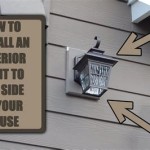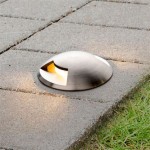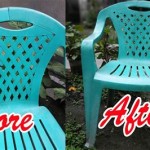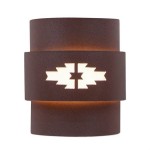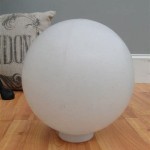What to Do When Outdoor Cushions Get Wet
Outdoor cushions, while designed to withstand the elements, are not immune to the occasional downpour or accidental spill. When these cushions get wet, prompt action is necessary to prevent mold, mildew, and other damage. This article outlines the steps to take when outdoor cushions get wet, ensuring their longevity and keeping them looking their best.
Immediate Action
The most important step is to address the wet cushions as quickly as possible. This minimizes the risk of mold and mildew growth. As soon as the cushions get wet, remove them from their furniture and place them in a well-ventilated area. If the cushions are heavily soaked, consider using a dry towel to absorb excess water. Avoid placing the cushions directly on the ground, which can promote mold growth.
Cleaning and Drying
After removing excess water, the cushions need a thorough cleaning and drying. The cleaning method will depend on the material of the cushions. For most fabric cushions, a mild detergent solution and a gentle brush or sponge are sufficient. For more delicate fabrics, consult the manufacturer's instructions. Avoid using harsh chemicals or abrasive cleaners, which can damage the fabric.
After cleaning, the cushions need to dry completely. This can be achieved by air drying in a well-ventilated area, such as a sunny room or a covered porch. Avoid direct sunlight exposure, which can fade the fabric. If air drying is not possible, a low heat setting on a dryer can be used, but it is crucial to check the fabric's care label for specific drying instructions.
Preventing Future Wetness
While it's impossible to completely prevent rain, there are several measures to minimize the risk of wet cushions. Using waterproof cushion covers is an effective solution, as they create a barrier against moisture. Alternatively, bringing cushions indoors during inclement weather is another option. Regularly inspecting cushions for signs of wear and tear, especially the seams, can identify potential vulnerabilities.
Dealing with Mold and Mildew
If mold or mildew develops despite efforts to dry the cushions, it's crucial to act quickly. A solution of bleach and water can effectively eliminate mold and mildew, but it's essential to test the solution on an inconspicuous area of the cushion to ensure it doesn't damage the fabric. After applying the solution, allow the cushion to air dry thoroughly before returning it to the furniture.
Maintaining Outdoor Cushions
Regular maintenance is key to ensuring the longevity of outdoor cushions. This includes regular cleaning, removing stains promptly, and storing them properly during the off-season. This involves storing them in a dry, well-ventilated area, ideally in a protective cover. If possible, rotate cushions frequently to prevent uneven wear and tear.
By following these steps, homeowners can ensure their outdoor cushions remain clean, dry, and free from mold and mildew. This allows them to enjoy their outdoor spaces for years to come.

Can Outdoor Furniture Cushions Get Wet Patioline

How To Clean Outdoor Cushions And Scentsible

How To Waterproof Outdoor Cushions A Erfly House

Can Outdoor Furniture Cushions Get Wet Patioline

How To Clean And Protect Your Outdoor Cushions

What To Do If Your Rattan Furniture Gets Wet Rattantree

How To Clean Outdoor Cushions And Remove Stains Bob Vila

Outdoor Patio Cushions Care For

How We Keep Our Outdoor Furniture Clean Chris Loves Julia

How To Clean Patio Furniture With Wet And Forget Outdoor Blog
Related Posts
